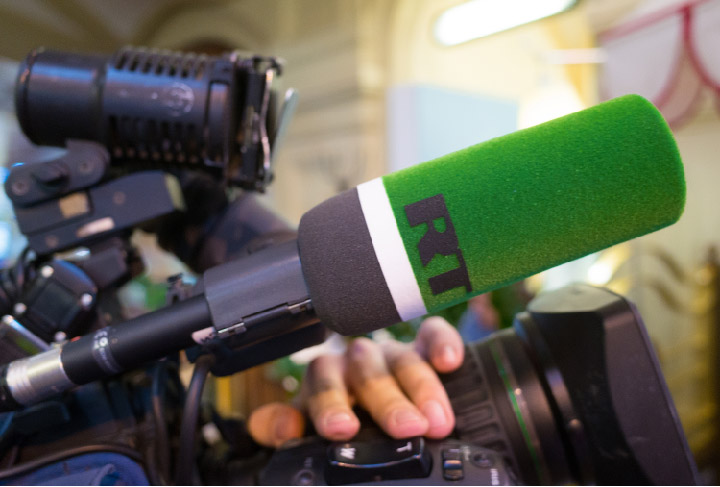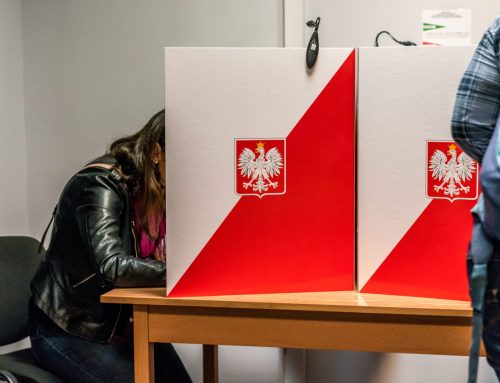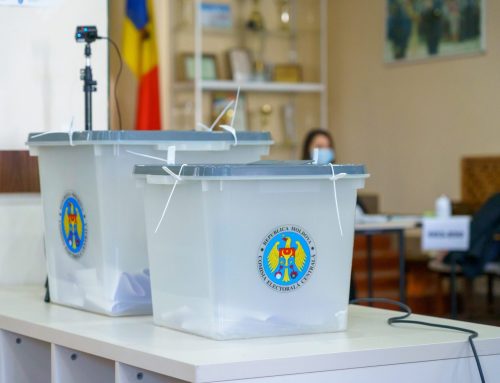Russian diplomatic accounts and state media widely promoted an article (English translation, Kommersant link) by Russian Foreign Minister Sergey Lavrov, pulling out various excerpts from the piece, including claims that the West is “imposing” its values (or “totalitarianism”) on the world, trying to slow the emergence of a multipolar world, and not engaging with efforts to make international relations more democratic. This included, as is customary, claims that the West is promoting “aggressive LGBT propaganda.” As usual, the Russian network monitored on Hamilton also continued to tout the Sputnik V coronavirus vaccine, while highlighting adverse effects and controversies involving Western-made vaccines. Last week, two major points of emphasis were claims that the Russian vaccine is more effective than other vaccines against the Delta variant and the announcement that Putin received Sputnik V. Regarding Western vaccines, state media emphasized individual deaths following vaccination, continuing a year-long campaign to denigrate Western competitors of Sputnik V. One Sputnik article seemed to lean into the idea that Western countries are less concerned with side effects in vaccine aid to other countries, which fits with the larger narrative surrounding inequities in global vaccine distribution. While not a major topic for Russian diplomats or state media, the U.S.-UK cybersecurity advisory released last week that named the GRU as the actor behind a global cyber campaign was predictably met with denials and the accusation that the United States is hacking Russia—echoing comments made by Vladimir Putin during his summit with President Biden. Similarly, while the weekend’s Kaseya ransomware attack is ongoing and initial Russian state media coverage was quite limited, they highlighted Biden’s statement that he was uncertain whether Russia was behind the attack, and RT Russian claimed that U.S. media have launched a “campaign to discredit Russia” absent any evidence.
Last week’s main event in the Chinese news cycle was the 100th anniversary of the founding of, in the Ministry of Foreign Affairs’ words, “the great, glorious and correct” Chinese Communist Party (CCP). The enthusiasm for the trappings surrounding the anniversary was particularly visible on YouTube, with the top four Chinese state media on the platform covering socialist medal awards, a centenary-marking 100-gun salute, and patriotic singing. The majority of messages surrounding the anniversary glorified the achievements of China over the past decades; the Chinese ambassador in Austria lauded the democratic underpinnings of China’s governing system, the Chinese embassy in Pakistan highlighted the CCP’s “complete victory” over poverty, and MFA spokesperson Hua Chunying emphasized the “great unity of all ethnic groups” in China. Some Chinese commentators’ self-congratulatory messages were a bit more pointed, as China’s ambassadors to ASEAN, Barbados, and the EU were among those who proudly shared Xi Jinping’s statement that his country’s enemies were up against “a great wall of steel forged by over 1.4 billion Chinese people.” In a more personal barb, the Chinese ambassador in Brazil gleefully pointed out that the CCP had outlived one of its bitter critics, former U.S. Defense Secretary Donald Rumsfeld. As Chinese officials and state media were basking in the glory of the CCP’s achievements, they nevertheless had a few barbs to spare to attack their democratic rivals. Canada was once again a focus of the Ministry of Foreign Affairs, which accused the country of adding signatories to UN statements denouncing Chinese policies against their will. Later, MFA spokesperson Wang Wenbin urged “some Canadian politicians” to stop “attacking [China] for their selfish political gains,” and, in a subsequent briefing, discussed Canada’s “long history of systemic oppression” against indigenous people. Following the MFA’s lead, state media also derided Canadian Prime Minister Justin Trudeau and asked for a UN investigation of “genocides in the Western countries.” Canada, however, was not the sole target of Chinese diplomats and state media’s thirst for social justice. The Chinese ambassador to ASEAN, the Consul General in Cape Town, and a special CGTN America segment reported on or mentioned the Tulsa race massacre to attack the United States’ human rights record. MFA spokesperson Zhao Lijian also shared a Global Times article accusing the United States of “manipulating collective memory” by “burying Tulsa Race Massacre.”
Last week, Foreign Minister Zarif used the 33rd anniversary of the downing of Iran Air 655 to blast the United States over its refusal to apologize for the incident, while adding that U.S. violence “continues today with #EconomicTerrorism against our people.” News outlets, including IRNA Español, reported that President Rouhani has urged the United States to explain the downing, as well as “why its perpetrators were decorated.” Several embassies shared similar sentiments on their own Twitter accounts. Additionally, there was extensive coverage of an attack on a U.S. military base in Syria, with a widely shared Press TV article reporting that the United States’ “biggest Syria base” was hit by “massive’ explosions.” U.S.-backed Syrian forces claimed the rockets were fired by Iranian-backed militias at the U.S. base, but that there were no casualties. Coalition spokesman Colonel Wayne Marotto initially denied that the base was attacked, before clarifying that the perimeter of the base was hit by three rockets but that “there are no injuries and damage is being assessed.” But the most widely engaged-with tweets last week covered Ayatollah Khamenei’s appointment of Gholam-Hossein Mohsen-Eje’I as the head of Iran’s judiciary. The position was left vacant by Iran’s president-elect, Ebrahim Raisi. Mohsen-Eje’I is considered a hardliner, like Raisi, and served as intelligence minister under President Ahmadinejad. Iranian media outlets also amplified Russian and Chinese diplomats last week in their push for the Iranian nuclear deal (JCPOA) to be restored on its original terms. They also continued to emphasize the Iranian position that the United States must return to the original agreement and provide guarantees that it will never again withdraw. Finally, Zarif praised the CCP on its 100th anniversary and extended “warm congratulations on its remarkable achievements.”
The views expressed in GMF publications and commentary are the views of the author alone.







